I dream of a world where every early childhood teacher has what they need.
Early childhood teachers are usually expected to magically know how to work with children who hit, swear, disrupt, defy, refuse to cooperate, and run out of the room.
Children do a whole host of behaviors that can be scary, unpredictable, and puzzling.
(And many behaviors that are wonderful, of course).
Most early childhood teachers have not had adequate training to prepare them for this.
…and many don’t get enough support with challenging behavior day-to-day.
Plus, most teachers have mountains of paperwork, no time for documentation or planning, are eating in the classroom while children are “napping” or they don’t even eat or take breaks at all, and/or are struggling with coworkers out sick and sometimes are even left out of ratio.
What if every teacher, assistant, aide, and paraprofessional had what they needed?
A real lunch break.
Planning time! Real planning time. Not during nap. Uninterrupted.
Good pay. While we’re at it: great benefits! Paid time for paid professional development.
Professional development that was engaging, current and realistic.
Adequate staffing and support to get everything done during work hours, including documentation and assessment, planning, and team talks about children who exhibit challenging behavior.
While this is sadly not the norm in early childhood there is hope…
Yesterday I met with an assistant director who is advocating to her director and the pastors at her church preschool to apply for grants to fund professional development and she told me that the non-negotiable criteria she uses for finding PD is that it is “energizing, engaging and practical”Over the past few years we’ve had TCB Club members do advocacy and workshops in their state and region where they teach play-powered challenging behavior strategies backed by their personal stories of successfully using those strategies.
Resourceful teachers find clever tricks to simplify documentation like uploading the same group photo to 12 children’s documentation in order to show that they’re using crayons to meet their fine motor and literacy learning objectives.
Some teachers do get paid planning, documentation and PD time. Plus, good support.
Societally, we’re seeing a growing understanding of setting boundaries, prioritizing personal well-being (not just work), and hopefully we’re shifting the sacrifice ourselves at any cost mentality.
Teachers are leading the way every day, creating change in small ways, as they can.
Policy makers and researchers strive to “improve quality” in early childhood education.
But ultimately the positive changes occurring in our field - when it comes to challenging behavior and beyond - are happening because of teachers and ECE professionals like you.
Former teachers move into director or leadership positions and listen to what teachers have to say. Teachers share ideas with one another when they find something that works. Teachers tell their administrators and coaches what kind of training and support they need…and some of them, some of the time, get it.
What about you? What do you need?
…do you have thoughts on how we can move in the direction of making that a reality?
If you have a minute to spare, let me know in the COMMENTS BELOW.
I’d love to hear from you!

